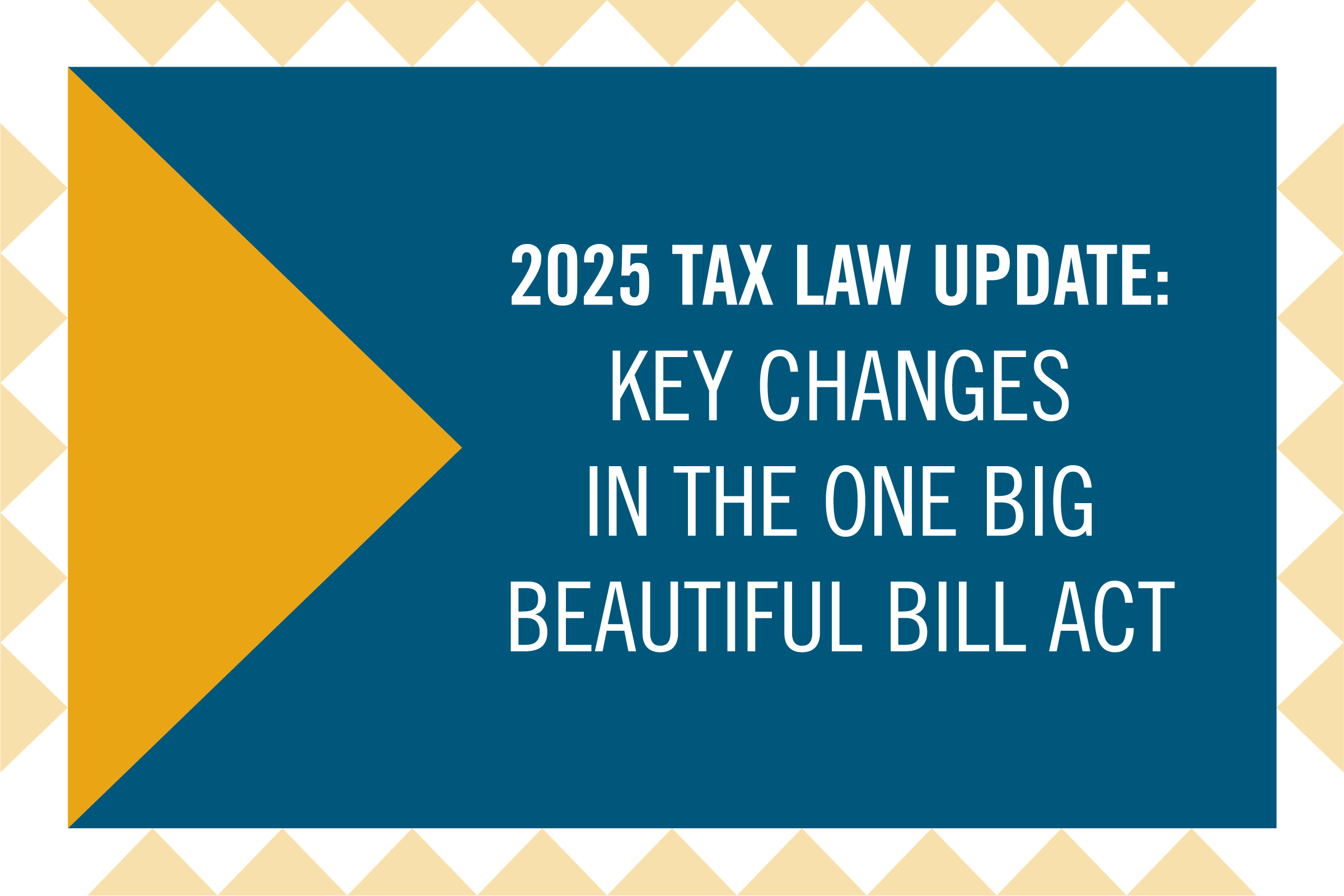Safeguard Your Assets Before Marriage: Legal and Financial Strategies to Protect Yourself
- Contributor
- J.P. Tujague
Apr 21, 2025
You don’t walk down the aisle expecting a divorce, yet modern finances are complex enough that planning for a worst‑case scenario is simply prudent. By taking a few proactive steps before you say, “I do,” you and your partner can reduce future stress, protect what each of you brings to the marriage, and still focus on building a life together.
Know Your State’s Property‑Division Rules
Community‑Property vs. Common‑Law Regimes
- Community‑property states (AZ, CA, ID, LA, NV, NM, TX, WA, WI) require a 50/50 split of most assets and debts acquired during the marriage, regardless of whose name appears on the title or account.
- Common‑law states (the remaining 41) allocate assets according to legal ownership on deeds, titles, or statements—but many borrow community‑property principles when dividing the marital estate.
- Several states now let couples opt into community property—for example, by creating a community‑property trust—to obtain estate‑planning or tax benefits.
Review your state’s statutes (or any recent amendments) and consult local counsel to understand how assets will be characterized if you later separate.
Strengthen Your Plan with Prenuptial or Postnuptial Agreements
A well‑drafted prenuptial agreement (or a postnuptial agreement if you are already married) can override default state rules and spell out:
- Which assets and debts remain separate property.
- How appreciation on separate assets will be treated.
- Whether gifts, inheritances, or future business interests stay outside the marital estate.
- Responsibilities for taxes, spousal support, and attorney fees in the event of divorce.
These contracts can be especially valuable for blended families, business owners, and anyone holding substantial premarital or family wealth.
Document Premarital Ownership—Thoroughly
Create a snapshot of everything you own and owe immediately before the wedding:
| Asset Type | Documentation to Keep |
| Bank and brokerage accounts | Month‑end statements showing balances |
| Retirement plans | Most recent account statement plus year‑end summary |
| Real estate | Deeds, closing statements, amortization schedules |
| Vehicles, boats, collectibles | Titles, registrations, bills of sale |
| Digital assets (crypto, NFTs, domain names) | Wallet addresses, transaction histories, screenshots of valuations |
Store digital copies securely in the cloud and hard copies in a fire‑safe box or with your attorney.
Avoid Commingling—Keep Separate Property Truly Separate
- Banking: Maintain distinct accounts for gifts, inheritances, or premarital funds; don’t funnel them through a joint checking account that pays shared bills.
- Real‑estate expenses: Use separate funds to cover taxes, repairs, and insurance on premarital property. Paying with marital income can give your spouse an equitable interest.
- Investment growth: Track buy/sell activity so you can trace how much appreciation belongs to your separate estate.
- Digital assets: Keep separate wallets (with unique private keys) for premarital cryptocurrency and document any forks, airdrops, or staking income.
If you unintentionally commingle—say, by depositing inherited cash into a joint account—many courts will presume you intended to convert those funds into marital property.
Monitor Changing Laws, Taxes, and Technology
- Alimony taxation: Divorces finalized after 12/31/2018 treat spousal support as non‑deductible to the payor and tax‑free to the recipient (Tax Cuts and Jobs Act).
- Evolving state statutes: States regularly tweak doctrines on tracing, appreciation, and equitable reimbursement; stay alert for new case law that could affect separate‑property claims.
- Emerging asset classes: As crypto, NFTs, and digital revenue streams mature, courts are developing new standards for valuation and division—often with wide variation by jurisdiction.
Regular check‑ins with both legal and financial advisors ensure your plan keeps pace with these developments.
Plan for Partnership, Prepare for Possibility
A lifetime of love is the goal—but setting clear financial boundaries is smart risk management. With diligent recordkeeping, thoughtful separation of assets, and a customized pre- or post-marital agreement, you can protect your future—whatever it may bring.
Marriage marks the beginning of a new chapter, one that deserves a solid financial foundation. Whether you need help protecting your assets, navigating tax implications, or planning for shared goals, our team is here to guide you. Contact your CRI advisor to explore strategies that support your future together and put your financial life on the right path. With the right planning in place, you can focus on what truly matters—building a life together with confidence and peace of mind.

















































































































































































































































































































































































































































































































